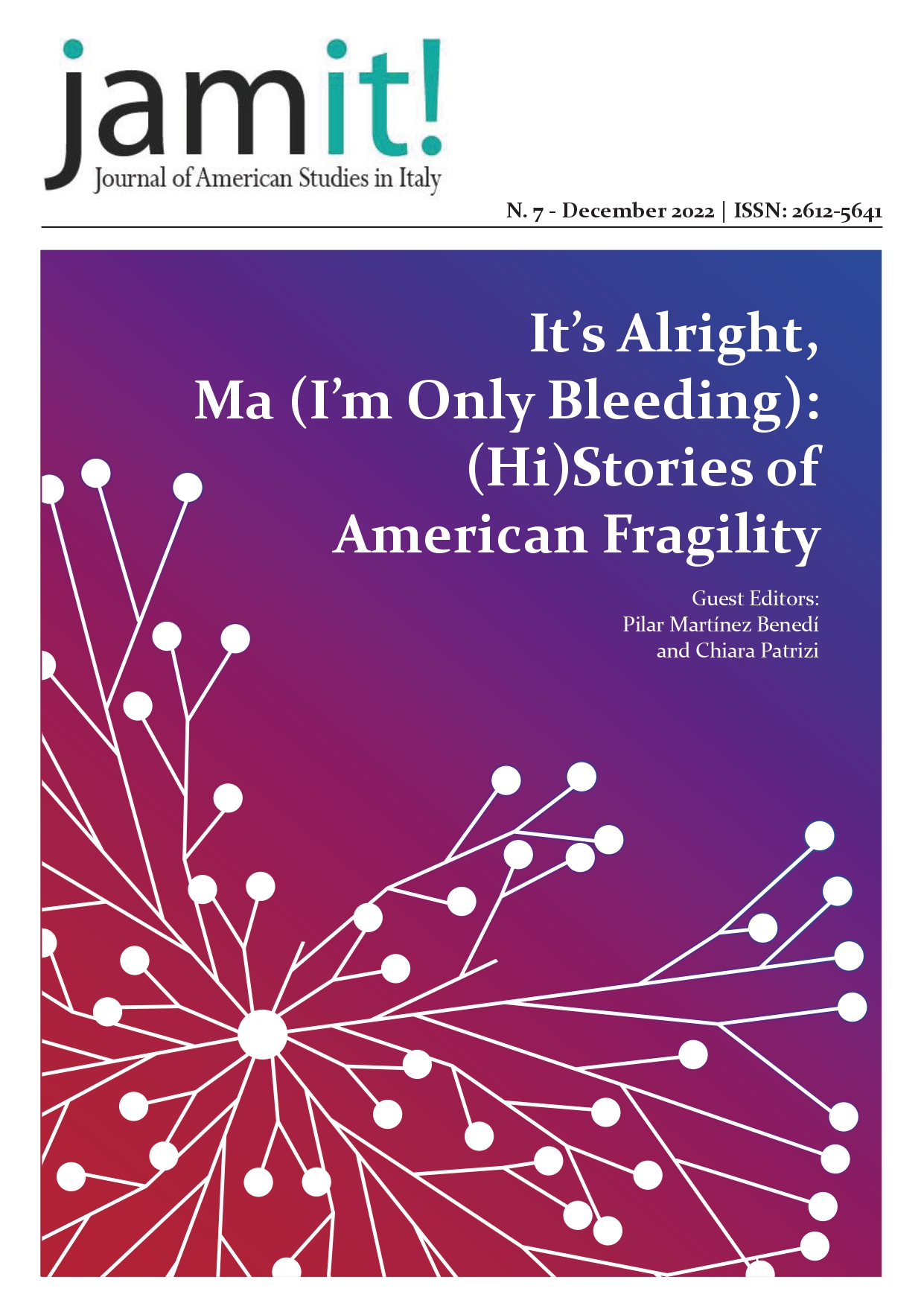Soldiers Home
Post-Traumatic Stress, Warrior Masculinity, and the (Re)Framing of Care
DOI:
https://doi.org/10.13135/2612-5641/6678Keywords:
Masculinity, Wartime, Toni Morrison, Ernest Hemingway, Walt WhitmanAbstract
The United States military has long been considered a proving ground for masculinity and encourages servicemembers to adopt a warrior mindset of bravery and toughness at the expense of vulnerability. Such a mindset often proves troublesome for veterans with post-traumatic stress disorder (PTSD), as it dissuades them from seeking care in the form of therapy. This article argues that contemporary recommendations to attune therapy to embrace military masculinity in an attempt to make it more appealing to veterans are misguided. Ernest Hemingway’s 1925 short story “Soldier’s Home” dramatizes how an appeal to normative forms of masculinity as an entry point to post-combat healing risks a rejection of care entirely if this type of masculinity is ever questioned. The substitution of a care-receiving process by a masculinity-affirming process that he cannot accept leaves protagonist Harold Krebs with no choice but to refuse it and flee his hometown after returning from service in World War I. To demonstrate alternative possibilities, the article then examines George Saunders’s “Home” (2013) and Toni Morrison’s Home (2012) as texts that explore how interrogations of military masculinity itself can contribute to the healing process. In both texts, the protagonists realize that manhood means more than protection and violence, which engenders an acceptance of care. While neither text offers a complete resolution by its end, they both gesture towards the necessity of changing perceptions of manhood fostered by the military. To conclude, the article references Walt Whitman’s Memoranda During the War as one historical precedent that demonstrates how certain types of vulnerability are acceptable and necessary, even during wartime.
Downloads
Published
Issue
Section
License
Authors who publish with this journal agree to the following terms:
- Authors retain the copyright and full publishing rights for their submissions to the journal.
- Authors grant the journal right of first publication with the work simultaneously licensed under a Creative Commons Attribution-NonCommercial-NoDerivatives 4.0 International License that allows others to share unedited work for non-commercial purposes with an acknowledgement of the work's authorship and initial publication in this journal.
- Authors are able to enter into separate, additional contractual arrangements for the non-exclusive distribution of the journal's published version of the work (e.g., post it to an institutional repository or publish it in a book), with an acknowledgement of its initial publication in this journal.
- Authors are permitted and encouraged to post their work online (e.g., in institutional repositories or on their website) prior to and during the submission process, as it can lead to productive exchanges, as well as earlier and greater citation of published work (See The Effect of Open Access).




